Alcohol often confuses people. Its early buzz seems stimulating. However, science shows otherwise. Alcohol mainly depresses the central nervous system. People think Tequila is a stimulant reputation, and it actually follows this pattern.
Despite the lively feelings it brings, alcohol slows down bodily functions. This contradiction sparks debates about classifying alcohol. Recognizing its depressant nature helps in understanding its effects on drinkers.
Let’s look into the details.
Struggling with mental health or addiction? Ascension Psych offers support. Reach out for professional help today.
Understanding Alcohol’s Classification
Substances affect the body by either stimulating or slowing it down. For example, alcohol is a depressant. It slows down brain activity and the nervous system. This is different from stimulants, which speed up these processes. Knowing these categories clarifies alcohol’s effects on the mind and body.
What Are Stimulants?
Stimulants like coffee, cigarettes, and ADHD medications activate our nervous systems. They sharpen focus and boost energy. Caffeine and nicotine also improve mood and reduce fatigue. Users feel more alert and content. However, the effects vary. Some notice little change, while others feel a strong impact. Each stimulant offers a unique experience in strength and effect.
What Are Depressants?
Depressants slow brain function and induce relaxation. They reduce anxiety and promote calm. Examples include alcohol, benzodiazepines, and opioids. Alcohol numbs, benzodiazepines soothe, and opioids relieve pain. However, these drugs also have side effects. They can darken moods, impair coordination, and cloud judgment. Despite this, doctors still prescribe them to calm and reduce distress. Thus, depressants are a double-edged sword, offering both healing and harm.
Alcohol’s Role as a Depressant
Alcohol creates a euphoric rush that conceals its depressant properties. Ethyl alcohol and ethanol enhance GABA’s effects on the brain. GABA, an inhibitory neurotransmitter, reduces neural activity. This interaction promotes relaxation. Yet, it masks alcohol’s soothing impact on the nervous system. This duality is critical to grasping alcohol’s complex effects on the mind and body.
The Paradox of Alcohol: Stimulant Effects
Many individuals often express confusion about whether tequila is a stimulant. This confusion can stem from the social settings in which alcohol is often consumed. In social settings, alcohol can lower inhibitions. This can increase sociability and excitement. This can create an upper alcohol effect, making people feel more energetic and livelier.
Alcohol-Induced Euphoria
Alcohol seems appealing, but it deceives. Its temporary joy hides stress and problems, creating a person’s alcohol-induced false feeling of well-being. This comfort is short-lived. It leads to poor judgment and risky actions. Although alcohol appears to be a stimulant, it brings negative effects. The brief high is costly, questioning the idea of true happiness in drinking.
The Role of Dosage
Another factor contributing to the confusion about alcohol’s classification is the amount consumed. In small doses some might argue, is alcohol a stimulant in small doses? Low doses can stimulate. But it’s still a depressant. Alcohol’s effects worsen with more consumption. Coordination and reaction times decline. Extreme drinking can stop breathing and be deadly. Even moderate amounts slow vital functions. Too much alcohol can kill you.
Does Alcohol Affect the Central Nervous System?
Alcohol acts as a depressant by affecting the brain. It alters neurotransmitters and disrupts neural processes. This interference impacts the central nervous system and leads to intoxication.
Impaired Judgment and Coordination
As alcohol depresses the central nervous system, it impairs cognitive functions. This is why drinking can lead to poor decision-making and risky behaviors. The lowered inhibitions can lead to risky behavior. People may do things they usually avoid, like reckless driving or unprotected sex. This can create dangerous situations for the individual and those nearby.
Is Alcohol Slows Down the Body’s Mental and Physical Processes?
The physical effects of alcohol are equally significant. Alcohol slows the body’s mental and physical processes. It affects speech, motor skills, and reaction times. These effects concern alertness-required tasks, like driving or using heavy machinery.
The Misconception of Alcohol as a Stimulant
Some may argue that tequila is a stimulant. However, it’s important to clarify. Alcohol’s perceived stimulating effects come from its initial euphoria. This confusion is compounded by the context in which alcohol is often consumed. Social settings often heighten the stimulating effect. But the drugs act more like depressants.
Alcohol and Social Situations
In social situations, alcohol can boost happiness and relaxation. It can make people feel more outgoing. This is often seen as a stimulating effect. It leads to questions like, is alcohol an upper or a downer? It may feel like an upper, especially socially. But, it has the effects of a depressant.
What Is the Difference Between Stimulants and Depressants?
To understand the difference, let’s explore stimulants and depressants in detail.
Characteristics of Stimulants
- More Energy: Stimulants boost physical and mental energy.
- Better Mood: Users often feel happier and more confident.
- Improved Focus: Many take stimulants to enhance concentration and productivity.
- Addiction Risk: Stimulants can be very addictive, causing dependence and withdrawal.
Characteristics of Depressants
- Relaxation: Depressants create calm and relaxation.
- Reduced Anxiety: They lessen stress and anxiety.
- Impaired Coordination: Depressants affect motor skills and thinking.
- Risk of Overdose: High doses can cause serious issues, like breathing failure.
Alcohol’s Dual Nature
Alcohol is mainly a depressant. However, it can act as a stimulant at times, depending on the dose and context. This dual nature can confuse people about its true effects.
Alcohol in Small Doses
In smaller doses, some may feel stimulated. This raises the question, is alcohol a stimulant in small doses? It may briefly boost your mood. But, as you consume more, it will become a depressant.
Alcohol and False Perceptions
Many people experience an alcohol-induced false feeling of well-being. This happens because alcohol affects the brain’s reward system. People then underestimate its impairing effects. Alcohol can create an illusion of confidence and sociability. This can lead to dangerous behaviors by masking the real risks of drinking.
The Risks of Alcohol Consumption
Many see moderate drinking as safe, but it carries risks. Alcohol can cause addiction and serious health issues. Understanding these dangers helps people make better drinking choices. Being aware of alcohol’s true effects is key to smart decisions.
Addiction and Dependency
Stress and anxiety push some to drink. This creates a harmful cycle. They become dependent. Alcohol, while not a drug, is still addictive. It affects both body and mind. Over time, drinking becomes necessary. What was once a relief turns into a need. Occasional use becomes constant. The difference between choice and compulsion fades. Alcohol’s grip is as strong as any drug.
Long-Term Health Effects
Chronic alcohol abuse harms both body and mind. It damages the liver, weakens the heart, and distorts mental health. This habit causes widespread destruction. Long-term drinkers bear deep physical and psychological scars.
Conclusion: Is Alcohol a Stimulant or Depressant?
Alcohol can be misleading. Its initial buzz hides a key fact: it’s a strong depressant. Users need to be aware of this dual nature. While it may create joy in social settings, alcohol actually slows the central nervous system. Knowing this difference is vital for drinking responsibly.
Alcohol affects the central nervous system significantly. This knowledge aids in making better drinking decisions. Alcohol is common in social settings, but it carries risks. Understanding its effects reduces these dangers. With the right information, people can choose healthier options. Awareness leads to responsible drinking in social situations.
FAQs
Why is Tequila a Stimulant?
Tequila actually slows brain function and the central nervous system. Its effects can be misleading. Initially, it creates a brief feeling of happiness and lowers inhibitions. This leads to a false impression of energy and sociability. So, people often mistake tequila for a stimulant. It actually slows neural activity.
Why Does Alcohol Lower Inhibitions?
Alcohol affects brain chemicals, lowering inhibitions. It slows neural activity, reducing self-control and increasing risky behavior. While it relaxes people socially, it also impairs judgment and reaction time.
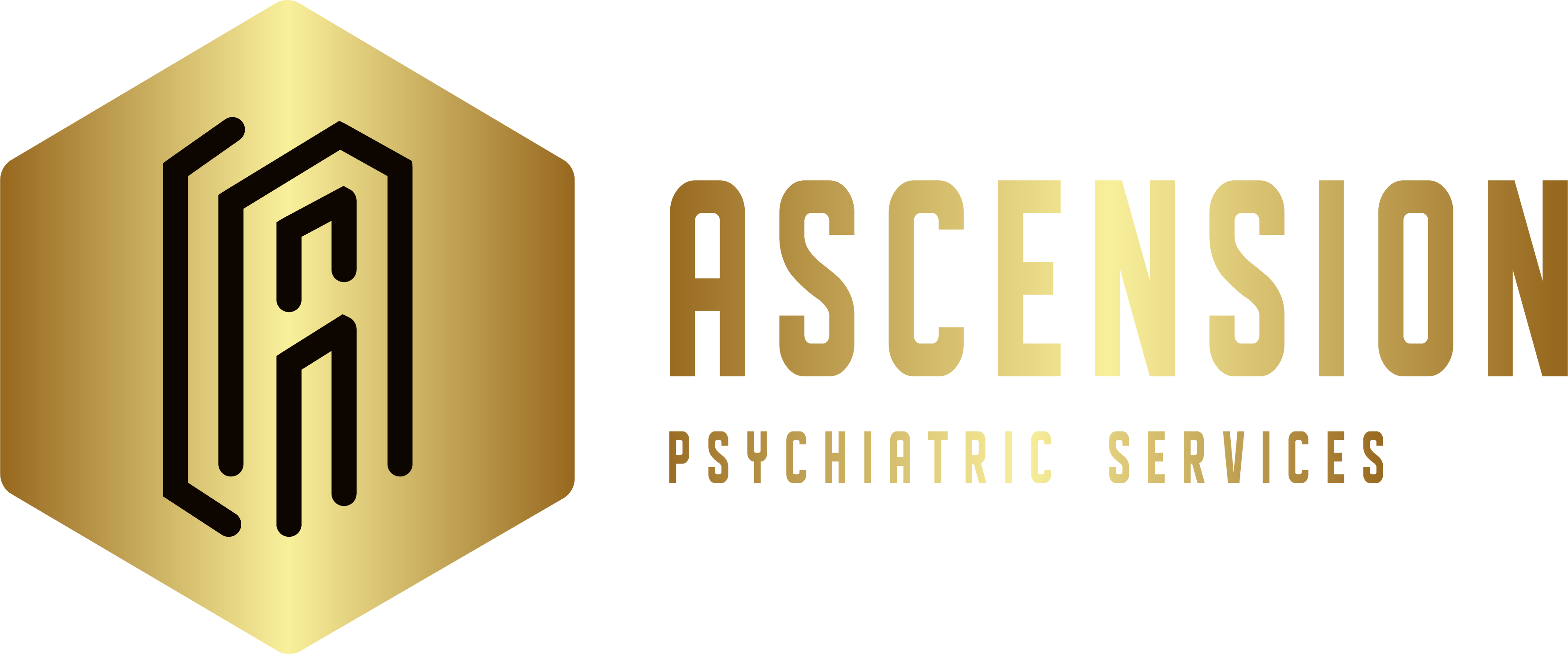
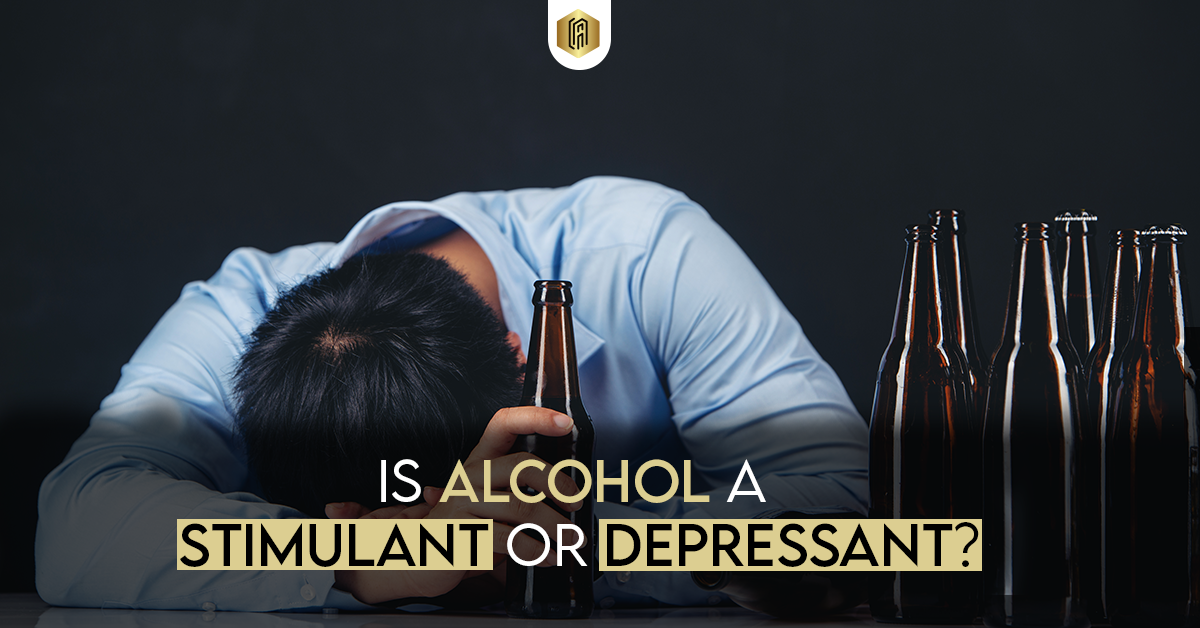
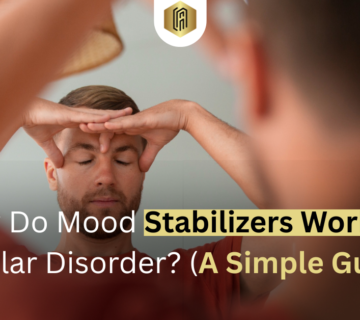

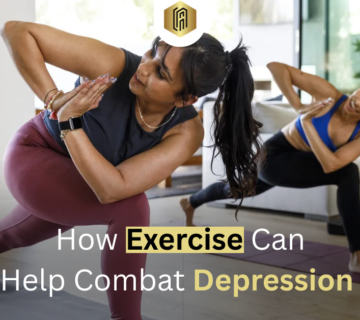
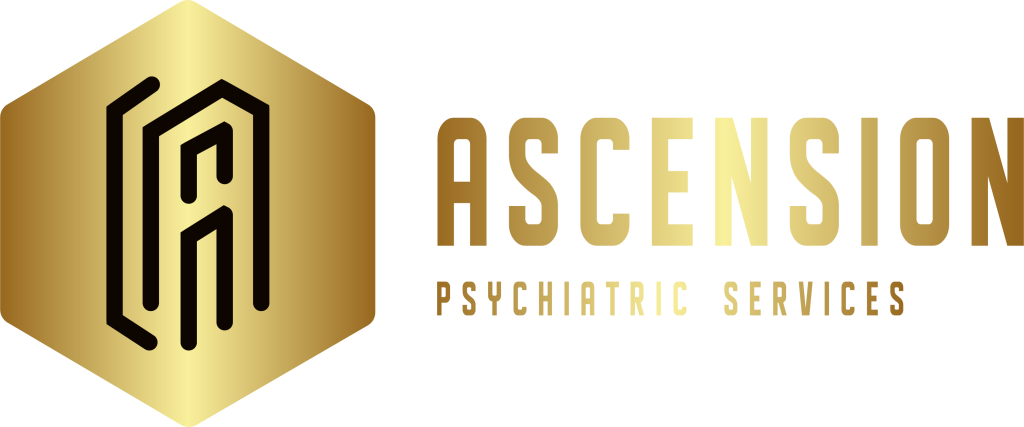
No comment